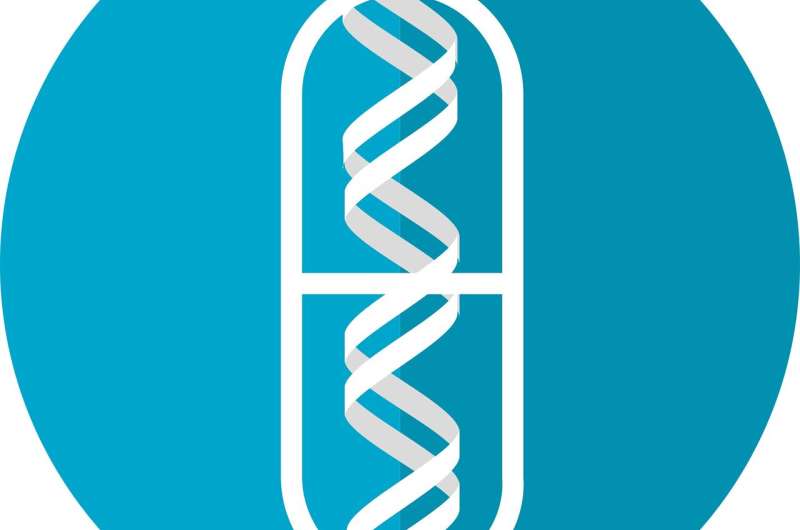
Researchers determined the minimally effective dose (MED) of a clinical candidate gene therapy vector for treating hemophilia A. This pharmacology study, performed in a mouse model and designed to support the initiation of a Phase 1 clinical trial in patients with hemophilia A, is described in the peer-reviewed journal Human Gene Therapy.
“While there are been a number of other gene therapy programs focused on hemophilia A, none has resulted in an FDA-approved therapy”, says Editor-in-Chief of Human Gene Therapy Terence R. Flotte, MD. “The key to success is to develop a vector product that is potent enough that it will be effective within a safe dose range.”
James M. Wilson, MD, Ph.D., from the Perelman School of Medicine, University of Pennsylvania, and colleagues, used the adeno-associated virus (AAV) vector AAVhu37 to deliver the gene for human Factor VIII (hFVIII) to a hemophilia A mouse model. Since they detected hFVIII activity among all of the mouse groups administered different doses of the vector, the researchers concluded that the minimally effective dose was the lowest dose evaluated in the study. The activity levels seen suggested that the AAVhu37-based gene therapy approach would be sufficient to modify severe hemophilia A in humans.
Source: Read Full Article